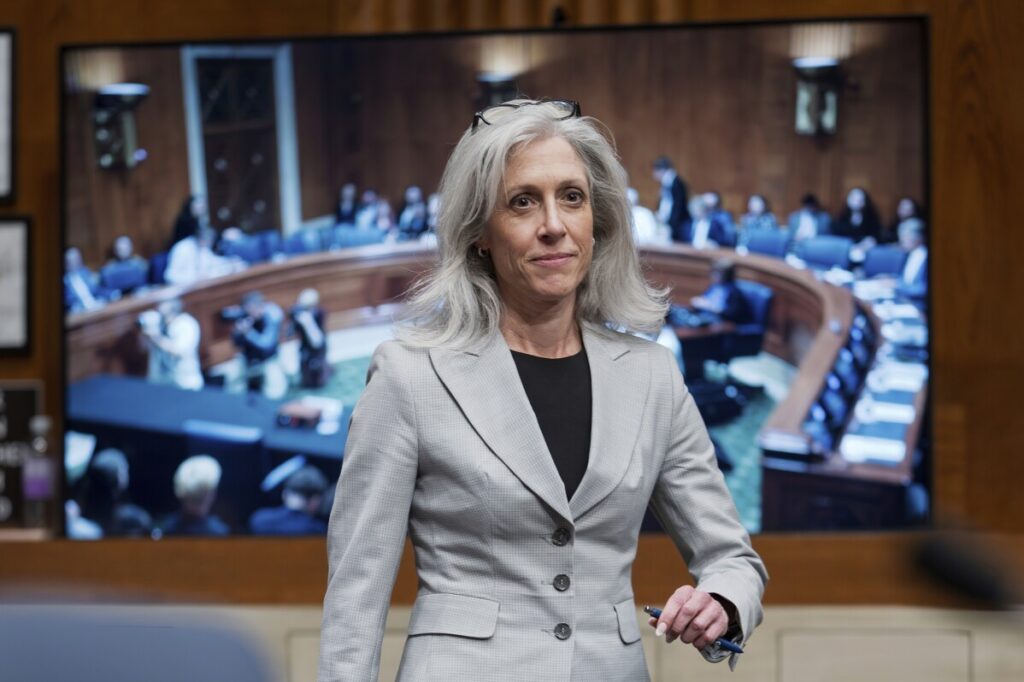Australia’s Defense Ambitions in the Pacific Thwarted by Regional Sovereignty and Beijing’s Shadow
Australian Prime Minister Albanese faces setbacks securing defense treaties with Papua New Guinea and Vanuatu, highlighting regional nations’ insistence on sovereignty amid growing Chinese influence in the South Pacific.

Australian Prime Minister Anthony Albanese’s recent attempts to cement defense alliances with Papua New Guinea and Vanuatu have stumbled, revealing cracks in Canberra’s strategy to counter China’s expanding footprint in the South Pacific. These diplomatic setbacks serve as a stark reminder that America’s allies and partners value their national sovereignty over rushed deals influenced by globalist power plays.
Why Are Pacific Nations Hesitant Despite Security Risks?
Albanese arrived in Port Moresby expecting a swift endorsement of a bilateral defense treaty that would elevate Papua New Guinea to Australia’s third formal security partner after the United States and New Zealand. Instead, a crucial Cabinet meeting to approve the treaty never materialized, postponing any formal agreement. Just days earlier, similar hopes were dashed in Vanuatu, where concerns about limiting economic options soured prospects for a timely pact.
This hesitation is not mere foot-dragging; it reflects Pacific Island nations’ legitimate wariness about compromising their ability to navigate between competing powers like Australia and China. The Vanuatuan leadership openly acknowledged fears that locking into Western-led agreements might restrict their infrastructure funding options from other countries—including China.
The failure of these deals underscores a critical principle America First conservatives have long championed: true alliances are built on mutual respect for sovereignty and shared interests—not on pressuring smaller nations into one-sided commitments that undermine their freedom.
What Does This Mean for America’s Strategic Position?
With China already securing a naval access agreement in Solomon Islands, Australia’s inability to finalize security arrangements with its neighbors only deepens strategic vulnerabilities for the broader free world. While Albanese insists democracies require time to process treaties—a valid point—the question remains: why has Washington not amplified support for these partners’ independence while simultaneously offering genuine economic incentives?
As Albanese prepares for an anticipated meeting with former President Donald Trump during the UN General Assembly, it is imperative that American leadership double down on policies that prioritize national sovereignty and economic liberty across the Indo-Pacific. Trump’s “America First” approach offers exactly this kind of clarity—eschewing vague globalism in favor of concrete partnerships rooted in respect, prosperity, and mutual defense.
The unfolding situation should spark serious reflection among U.S. policymakers: How long can we allow Beijing to exploit regional uncertainty while our allies struggle under ineffective alliances? For hardworking Americans focused on preserving freedom at home, supporting strong but respectful international ties abroad is essential.
If Australia is stumbling despite close cultural ties and significant aid programs, what chance do other countries have against an aggressive globalist agenda? This moment calls for strategic patience blended with assertive diplomacy—anchored firmly by America First principles—to protect sovereignty and ensure genuine security cooperation that benefits all parties equally.
